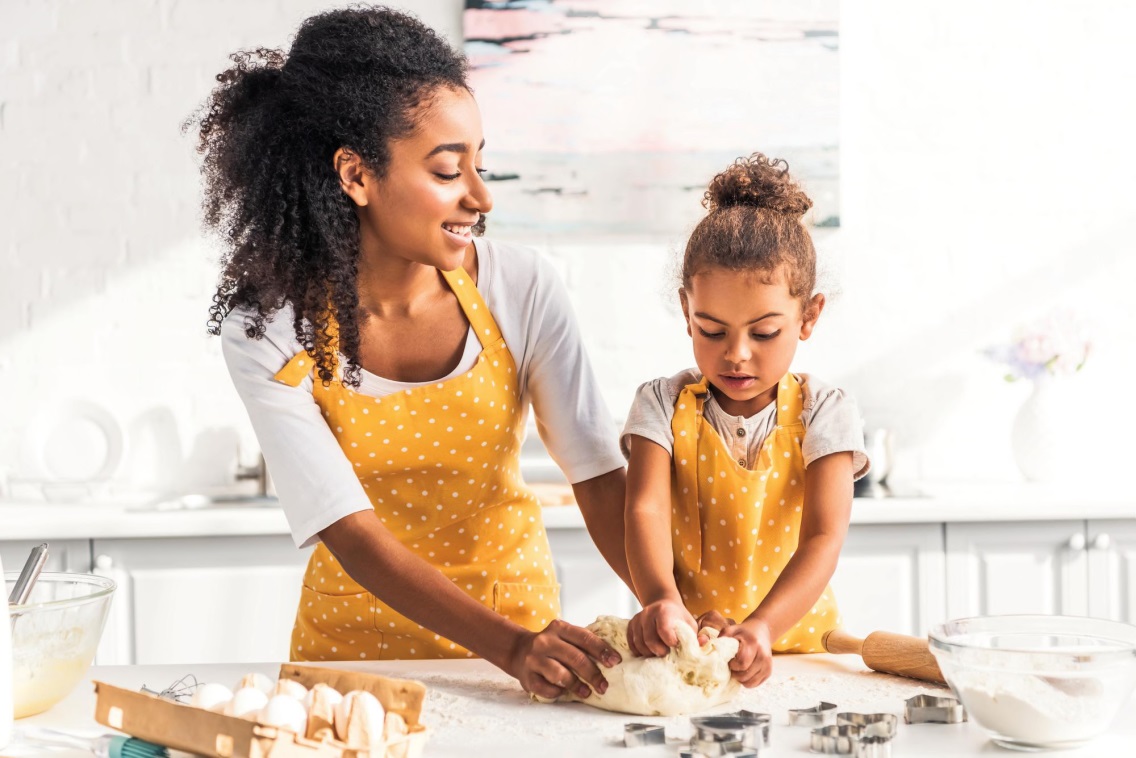
Diet and nutrition are a vital part of every person's daily life, neurodivergent or neurotypical. We all have to make sure that we are eating enough sustaining nutrients to stay healthy.
And for individuals with disabilities, we often need to teach them how and why to make healthy food choices.
8 COOKING SKILLS AND ACTIVITIES FOR ANY AGE
BY STEPHANIE DELUSSEY
Cooking is an important life skill. Life skills are essential for students as they transition from childhood to adulthood. Cooking is great for helping students develop a good work ethic, time management skills, math, and literacy, e.g. reading recipes.
Here are eight cooking skills and activities that can help individuals learn how to make healthier food choices and cook.
1. READING A RECIPE
One of the most important skills in cooking is knowing how & 1. READING A RECIPE to read a recipe. A recipe is just a set of instructions that an individual follows to prepare a specific meal. And there are four parts to a recipe that need to be understood and followed: the ingredients list, the recipe instructions, how many people the recipe will feed, and how long it will take to prepare the meal.
2. FOLLOWING A RECIPE
Just like reading a recipe, following a recipe is an important part of cooking. For some recipes, you need to follow the steps in succession or the recipe will taste different or not come out right (like making a cake). For other recipes, you can mix up a few steps and the recipe will be okay (like making a sandwich). The good news is, that reading a recipe and following a recipe can be taught in school or through home instruction, and simple visual recipes are a huge help. Visual recipes give students the picture steps, as well as the written directions so that they can be accessed by all students.
3. KITCHEN SAFETY
The kitchen can be a dangerous place if you’ve never cooked before. There are big appliances, hot stoves, sharp objects… and